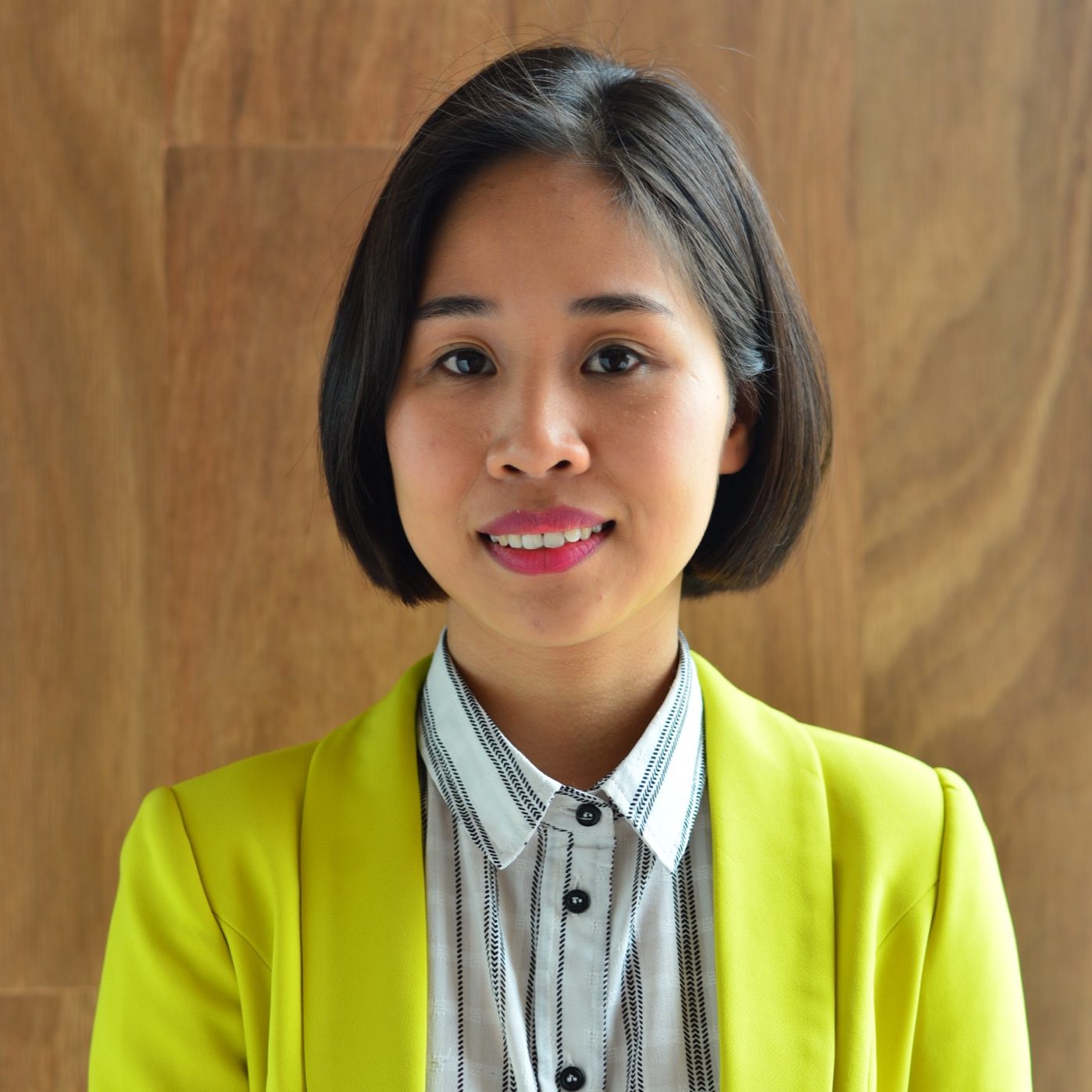CHOOSEMATHS Grant recipient profile: Chi Cao

Chi Cao
Murdoch University
Chi is a PhD candidate, a cat lady, a wanderer and has always thought plants have feelings.
From 2006 to 2010, she completed her undergraduate studies at Hanoi University of Agriculture in Plant Protection. During her undergraduate study, Chi was awarded the Dean’s Scholarship for General Excellence in 2009. Her undergraduate thesis ranked the highest place in the graduation list in the Agronomy Department in 2010.
From 2012 to 2013, Chi achieved the Macquarie University International Scholarship for a Master course in Biotechnology at Macquarie University in Sydney.
After finishing her masters, she gained three year’s work experience in the industry sector as a Field Application Scientists for a Sequencing solution providing company in Vietnam, including a year as Application manager.
In 2017, she achieved the Murdoch- VIED joined scholarship to come back to her all- time interest in Plant Virology and Biotechnology at Murdoch University.
Can you give me a quick overview of the type of mathematics you are studying and its potential impacts for the broader community
Viruses are traditionally seen as the bad guys in nature, causing serious diseases like influenza and AIDS to people, and other diseases in all other organisms. They influence all life on Earth. Absolutely every singlecellular and multicellular organism becomes infected with viruses at some time. For example, a quarter of the millions of tonnes of plankton that live in oceans are killed by viruses every day, and that has a profound influence on the world’s carbon cycle.
My study is different to most studies on viruses because I am studying ‘good viruses’. These are viruses that help their host organism at some point in the life cycle, or under specific circumstances. This is a very new area of virus research, and very few scientists are studying it.
My study involves a virus that infects a fungus. The virus lives inside the fungus. I plan to compare the life of a fungus infected with the virus and the same fungus cured of the virus. This will enable me to discover how infection by a virus influences various aspects of the fungus lifecycle and during various stresses imposed on the fungus. I will look at how infection influences growth rates, competition with other organisms, and the internal biochemistry of the fungus as it grows and responds to the environment. The implication of my research is that positive roles for viruses will be discovered, and we may find ways in which to use viruses for human and ecosystem advantage.
Maths is critical to the success of my study. Precise measurements will be made of growth rates under different conditions, and of amounts of different biochemical molecules produced by the fungus. I will replicate (repeat) all experiments several times, and include a number of appropriate control treatments so that clear trends will become apparent.
I will use specialised statistics – bioinformatics – to analyse the data in order to identify difference between treatments that are caused by the virus with high probability. I will chart the results for simple visual interpretation of data, showing standard error between replicates, use algorithms to filter poor quality data from good data statistically to determine differences. By studying the relative amounts of fungal defence molecules when the virus is present, I can begin to tease out the mechanisms by which the virus influences its host to respond.
My project is not pure maths, but maths is essential to interpreting and visualising the large amount of data my study will generate.
How important was receiving a CHOOSEMATHS grant in terms of your ability to attend and fully participate in the AMSIBIoInfoSummer 2017 sessions throughout the week?
The five days of the conference covered almost all trending topics in applied bioinformatics. AMSI BioInfoSummer has given me the appropriate information with the right level of depth at the right time. The “right” information refers to a broad overview on applied bioinformatics and statistics in different research fields which has spurred me on to explore further in bioinformatics tools and applications. This information is even more valuable to me as I am a junior PhD candidate who is still in the exploring phase.
My personal interest is bioinformatics principles and tools in RNA sequencing and novel metabolites analysis, I also found very useful information during the conference talks, and from direct conversations with the presenters. My original purpose of attending this event was to prepare myself for a challenging but exciting part of my project, which is complex data analysis. After attending BioInfoSummer, I know where to start and how to start to learn and obtain new bioinformatics tools to tackle my challenging research questions.
How important are initiatives such as the CHOOSEMATHS Grants in terms of fostering the participation and achievement of women in mathematics, particularly in terms of access to networking opportunities and further training opportunities?
Gender distribution of student completions and staff working in STEMM fields. Source: Higher Education Research Data, 2014.
According to Higher Education research data in 2014, it is easy to see that the proportion of female and male bachelors and PhD graduates in STEMM fields, and in particular in Mathematics, are about similar. However, the number of women pursuing further professional researcher careers in these fields drops dramatically. Strong mentoring and formal connections among female researchers would provide extra support for women to achieve high levels in their career. The challenges that women face in their careers differ from those of their male colleagues, so I feel it is appropriate for women to support each other and share their collective experiences. That’s not to say that mentoring from men is not important too. Thanks to the CHOOSEMATHS grant, many female researchers will meet and have a chance to share their stories and passions for maths and science.
CHOOSEMATHS grants provide young female researchers financial support, encouragement, and the personal contacts to establish support networks. In the right networks, they can find the helpful contacts that can nurture their potential to be top mathematicians and scientists. In future, there should be more people like Maryam Mirzakhani in not only Maths but also other sciences.
In what ways has the experience impacted your maths studies? Has it influenced the direction of your research?
The experience has made the data analysis part of my project seem less daunting. Now I know where to start, who to ask and what tools to use. My project is not about pure maths study or mathematics application development. However, an understanding of maths plays a critical role in my projects. My project involves intimate interactions between organisms. Such interactions are very complex, and may involve long chains of biochemical-molecular steps. Traditionally, these reactions have been very laborious to unravel, but I plan to use complex algorithms to quickly discover them. I will use high-throughput data technology which requires powerful bioinformatics tools. That is why maths in general and maths algorithms within bioinformatics tools become much more crucial to my project.
Other than that, at the course I made new friends who are willing to share their experiences and provide support to me should I need them. I hope to do the same for them.
What was the most valuable part of AMSI BioInfoSummer 2017 for you in terms of furthering your career in mathematical sciences?
The absolute best thing was in making many new friends who work across many fields of maths and science. Secondary, after attending AMSI BioInfoSummer, I started thinking about bioinformatics as a main career development path. Before attending the course I only considered bioinformatics as a means/tool to solve my question.
A presentation on the AMSI Intern program was included as part of the Careers Session. One of the aims of the AMSI Intern program is to maximise employability and help prepare research graduates to drive industry/private sector research. Are you hoping to work with industry? How important is this experience for researchers? Particularly in terms of offering career flexibility for women?
I am open to future positions in academia and/or industry. I already have experience working as a Field Application Scientist for a DNA sequencing solutions company when I was in Vietnam. This experience working in the industrial sector gave me a more complete view and understanding of career pathways as a researcher in industry. I think having industry experience will allow young graduates to explore a different research environment from academia. There could be more flexibility in future careers. The AMSI intern program is one of the most valuable courses offered. It clarifies my options as a potential employee in industry after I graduate.
The CHOOSEMATHS Grants are part of a broader program being delivered by AMSI Schools with support from BHP Billiton to turn the tide on Australia’s maths deficit and strengthen maths education and participation of women across the discipline. What do you see as the big challenges facing maths in Australia, particularly for women?
I think that one of the main challenges for Australia is that maths ability in the community is low, and so most maths is left to pockets of experts in industry and academia. If general awareness of maths was raised in the wider community, it would help people make more rational decisions on a wide range of like choices. For example, many people waste their money on gambling in Australia! A greater appreciation of probabilities may prevent some of that. Similarly, a greater maths skills base will enable better career choices, investment options, business decisions, etc. Better maths skills would benefit everyone across all social strata – professionals, factory workers, retailers, small business owners, farmers, etc.
Did you always want to pursue a career in maths? Were you encouraged to study these subjects at school? Do any particular mentors come to mind? Any outstanding teachers?
I remember that I first learned maths when I was 5 years old, my mother was an amazing teacher to me. She is creative and was enthusiastic to teach me numbers, counting and operations. I understood and memorised all the multiplication tables by the time I was 7 years old, all thanks to my mother when she used chopsticks, eggs and created many other toys for her explanation. I used to associate maths with playing and fun.
Where do you see yourself in five or ten years time?
Being a key member of an active research group.

